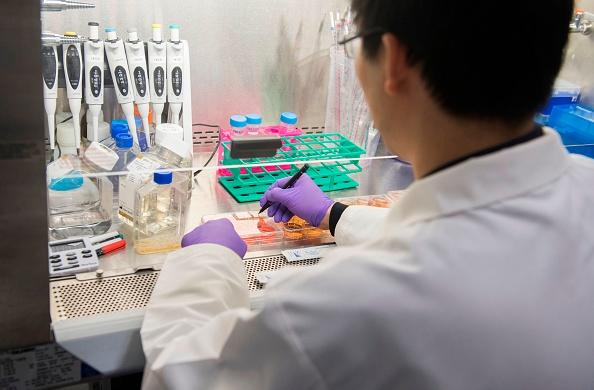When the director of the National Institutes of Health sent out a letter to research institutes around the country, warning of the potential for foreign influence to undermine U.S. research and intellectual property, he didn’t identify any specific adversaries.
The letter sent on Aug. 20 by Dr. Francis Collins only noted that “some foreign entities have mounted systematic programs to influence NIH researchers and peer reviewers,” such as through obtaining intellectual property (IP) and confidential information in grant applications, or by offering financial support to researchers.





